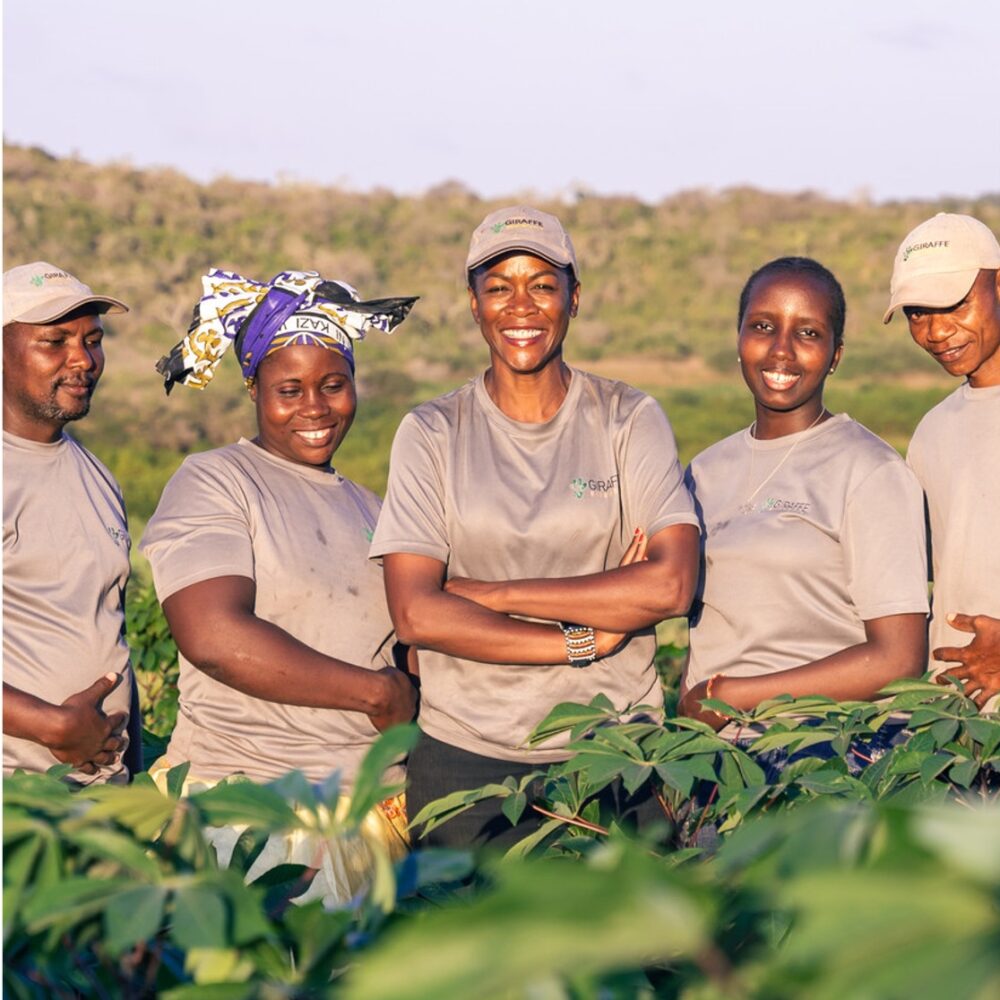Giraffe Bioenergy was supported through Growth Gateway’s Africa Green Services Deal Accelerator (GSDA)
4M+ Kenyan households need to switch to cleaner sources for cooking by 2028, due to rising health and climate challenges. However, bioethanol is currently expensive and imported from overseas

Giraffe trains and employs local farmers in Kenya’s semi-arid regions to grow cassava, which will supply its biorefinery producing clean cooking fuels.
The team was seeking project financing to scale the agricultural production and establish the bioethanol refinery.
Their challenges
- Project perceived as high risk, because the cassava strain has not yet been scaled regionally, and bioethanol production is currently limited to a pilot plant
- Several risk mitigation strategies needed to build investor confidence
- Business plan required further substantiation based on topic expertise to strengthen the investment case
The Growth Gateway team was instrumental in helping us drill down into specific market gaps that we had identified and supported our complex financial modelling
Linda Davis
Founder and CEO, Giraffe Bioenergy
How Growth Gateway helped:
- Refined the pitch to attract investors for the agriculture and refinery element
- Improved confidence in business plan by testing assumptions with internal experts experienced in modelling cassava bioethanol refineries across Africa
- Reviewed investor material and co-created a financial model including expansion of risk mitigation strategies to reduce perceived risk
- Prepared the team for follow-on investor conversations
Impact Generated
£16M
Financing
secured
15ML
Annual bioethanol capacity (expected)
1,100
New jobs
(expected)
5t
GHG emissions avoided per house
(expected)
- Helped secure term sheet for £16M in debt; £6M more expected
- Enabling an expected 400,000 Kenyan households to cook on locally produced bioethanol
To find out more about our impact, follow Growth Gateway on Linkedin or contact us

